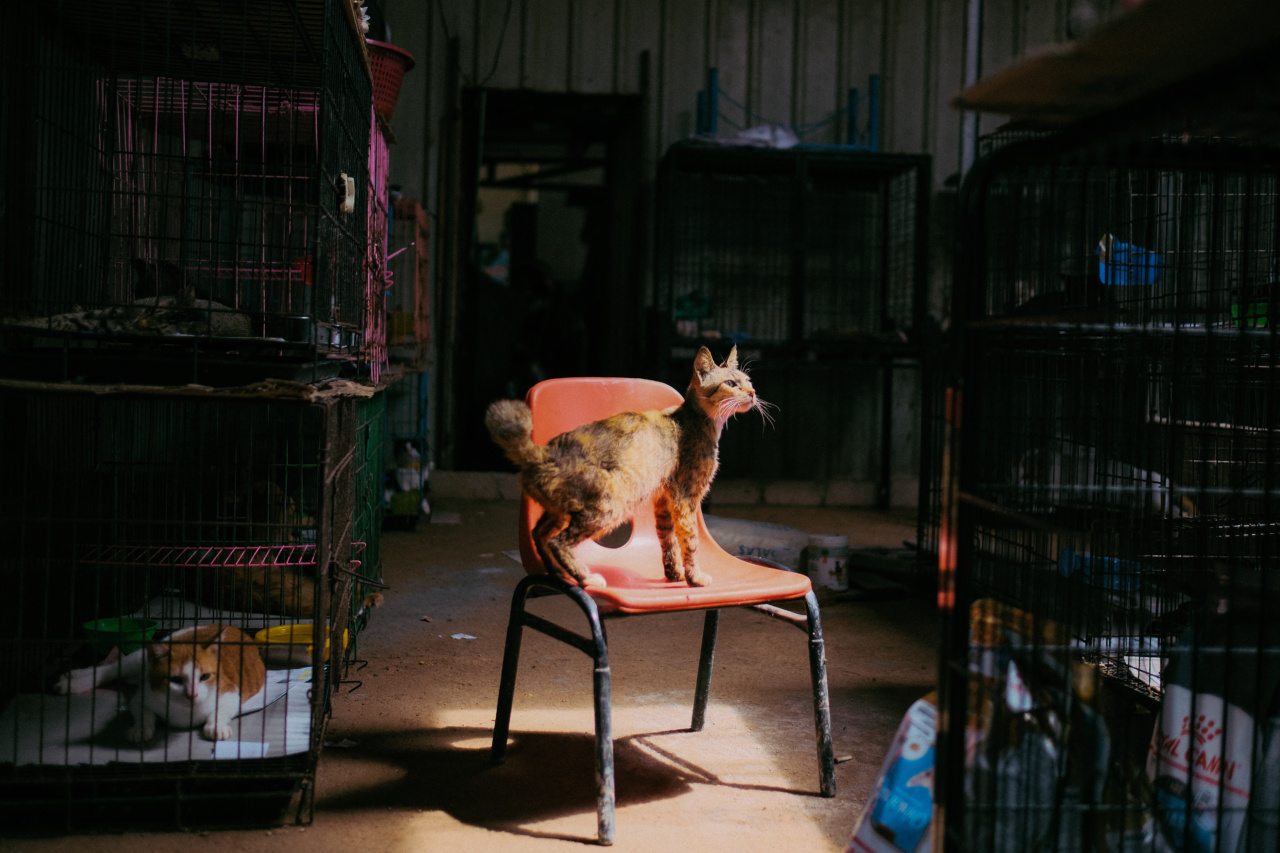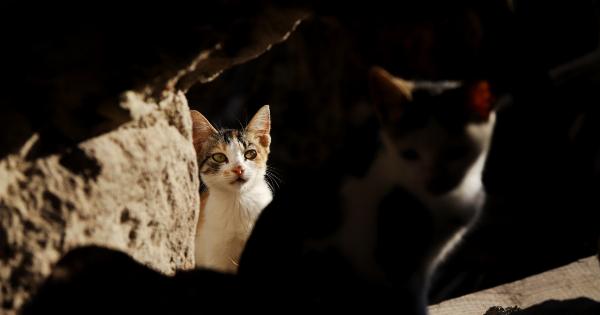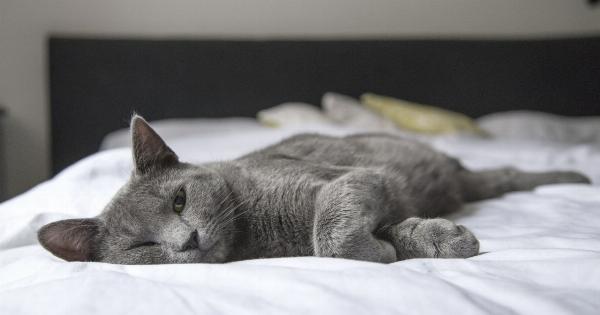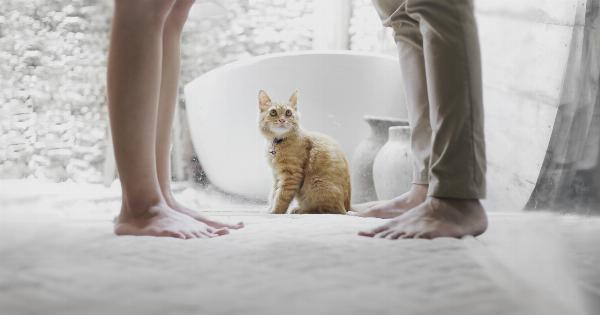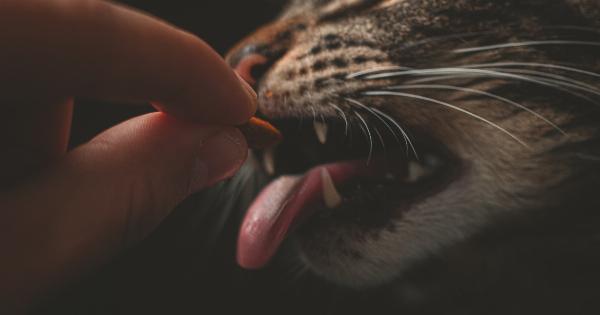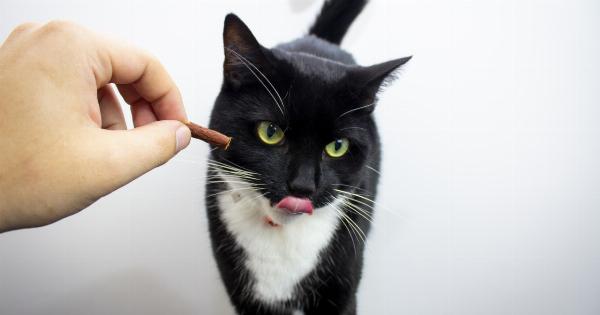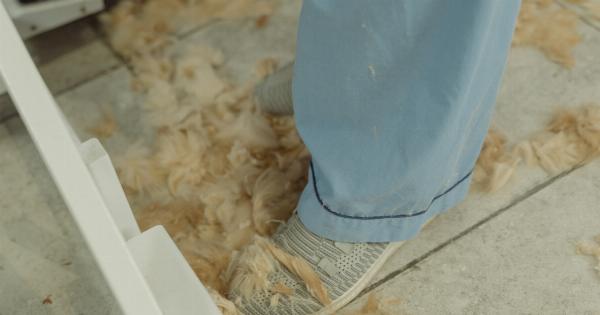In a groundbreaking move, the state of Illinois has recently passed a new law to ban the controversial practice of ovyctomy in cats. Ovyctomy, also known as declawing, involves the surgical removal of a cat’s claws.
For years, animal rights activists and veterinarians have been advocating for a ban on ovyctomy, arguing that it is an inhumane and unnecessary procedure that causes pain and long-term health issues for cats.
The passing of this law marks a significant victory for feline welfare in Illinois.
The Controversy Surrounding Ovyctomy
Ovyctomy has long been a contentious issue in the veterinary community and among cat owners.
While some argue that it serves as a last resort to prevent scratching and behavioral issues, opponents insist that it is an archaic practice that goes against the well-being of cats.
The procedure involves the amputation of the last joint on each toe, which not only removes the cat’s claws but also parts of its bone, tendons, and ligaments.
Critics claim that this invasive surgery can lead to chronic pain, behavioral changes, and a diminished quality of life for the affected cats.
Furthermore, many countries and states already have laws or regulations banning ovyctomy, recognizing it as a cruel and unnecessary procedure. Now, Illinois joins the growing list of regions that condemn this practice, prioritizing the welfare of cats.
The Significance of the New Law
Illinois has become the first state in the Midwest to officially outlaw ovyctomy.
This milestone legislation demonstrates the state’s progressive stance on animal welfare and will hopefully pave the way for other neighboring states to follow suit.
The law firmly puts an end to the declawing of cats for non-medical reasons. Veterinarians will no longer be able to perform the surgery unless it is deemed necessary due to a medical condition that threatens the cat’s health.
Additionally, the legislation encourages alternatives to ovyctomy by promoting education and awareness about proper feline behavior and appropriate scratch management.
Cat owners will be advised on how to provide their pets with suitable scratching posts and other alternatives.
Benefits for Feline Well-being
By banning ovyctomy, Illinois is taking a significant step forward in improving the overall health and well-being of cats.
The negative consequences associated with the procedure are numerous, making it a matter of utmost importance to protect cats from such unnecessary harm.
Studies have shown that declawed cats are more prone to developing chronic pain, post-surgical complications, and behavioral issues. This can lead to a reduced quality of life for these animals, affecting their physical and mental health.
Furthermore, declawing can disrupt a cat’s natural behavior and instincts. Scratching is a deeply ingrained feline behavior that serves various functions, including nail maintenance, stretching, and territory marking.
Without their claws, cats may experience difficulties in expressing themselves and feeling secure in their surroundings.
Public Reaction and Future Prospects
The passing of this law has ignited both support and opposition from different groups. Animal rights organizations and many cat owners have hailed this move as a substantial victory for cat welfare.
They hope that more states will recognize the importance of safeguarding feline health and follow Illinois’ example.
However, there are those who argue that ovyctomy should be a personal decision left to cat owners.
Some are concerned that without the option to declaw their cats, they may have to resort to other measures, such as relinquishing them to shelters or euthanasia. Proponents of the ban emphasize that there are alternative ways to address scratching issues and promote responsible pet ownership.
As with any significant change, enforcing the ban on ovyctomy may face challenges. Veterinarians will need to adapt their practices and educate the public about the negative consequences of the procedure.
Additionally, it will be essential to continue developing and promoting effective alternatives to declawing, ensuring that cat owners have the resources needed to address scratching behavior.
Conclusion
The passing of the law against ovyctomy in cats in Illinois is a decisive step towards improving the welfare of these beloved pets.
By prohibiting this controversial practice, the state is ensuring that cats are protected from unnecessary pain and potential long-term health issues.
The ban on declawing in Illinois highlights the growing recognition of the importance of feline well-being and behavior.
It serves as a model for other regions to introduce similar legislation, safeguarding the rights and health of cats across the country.
